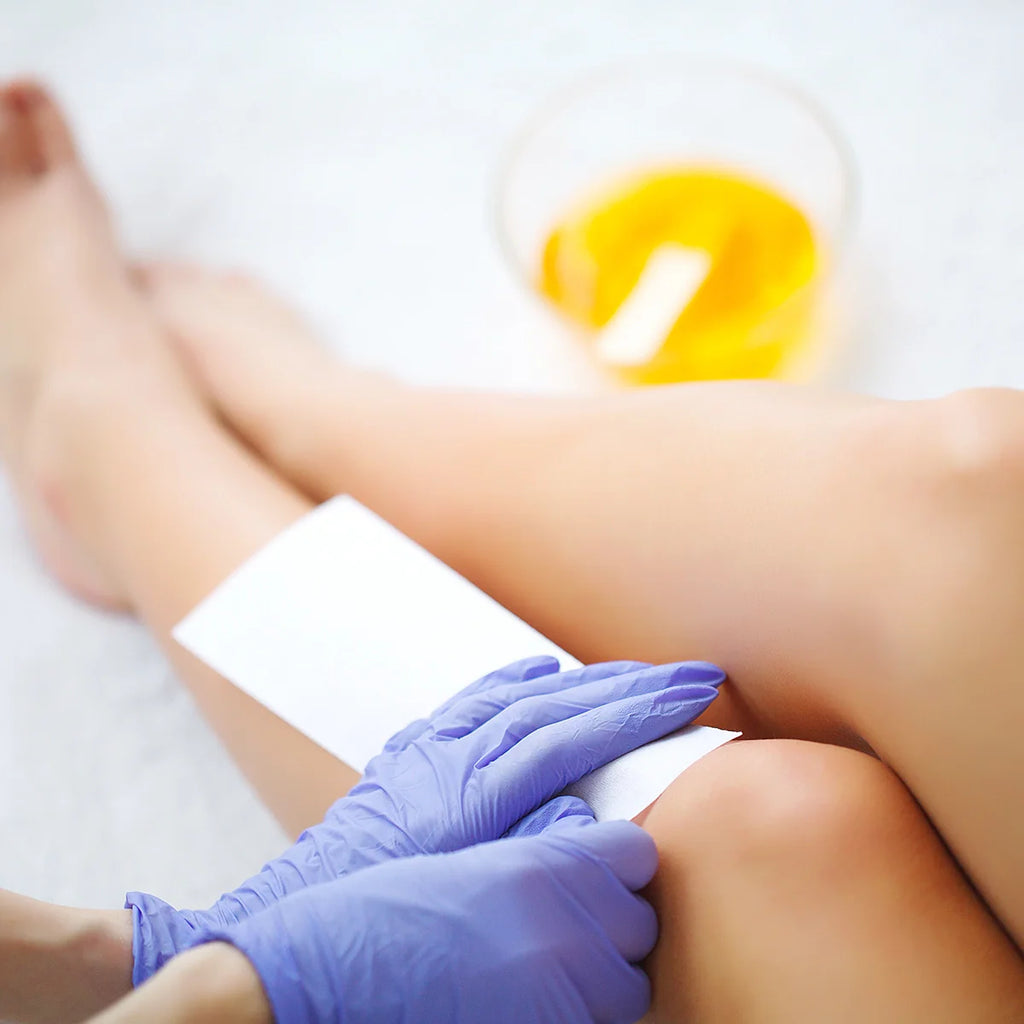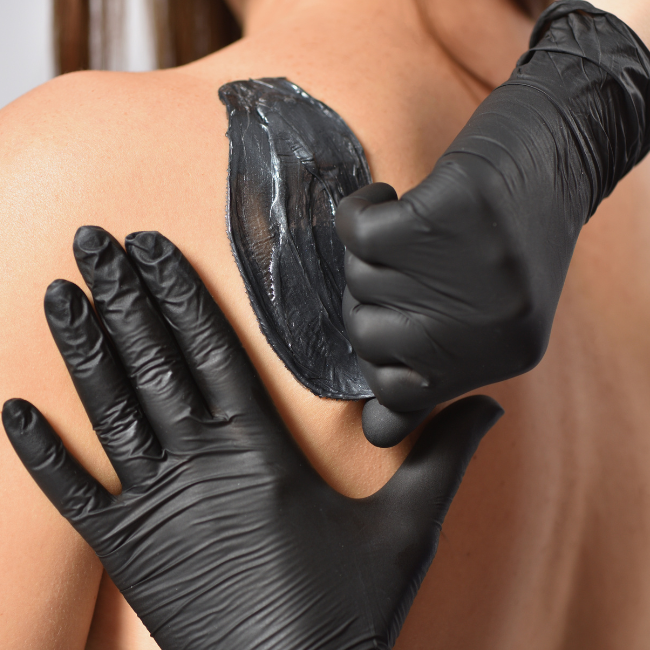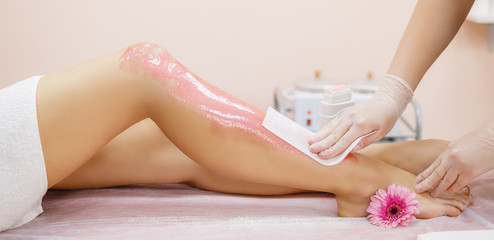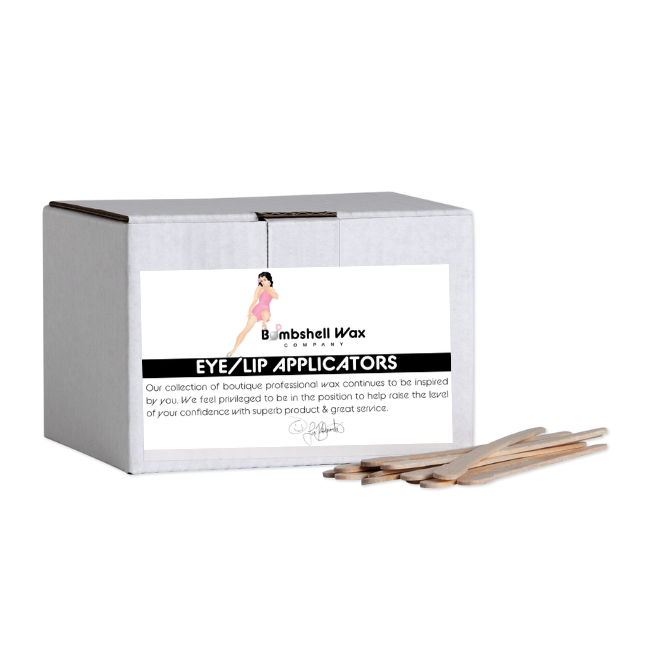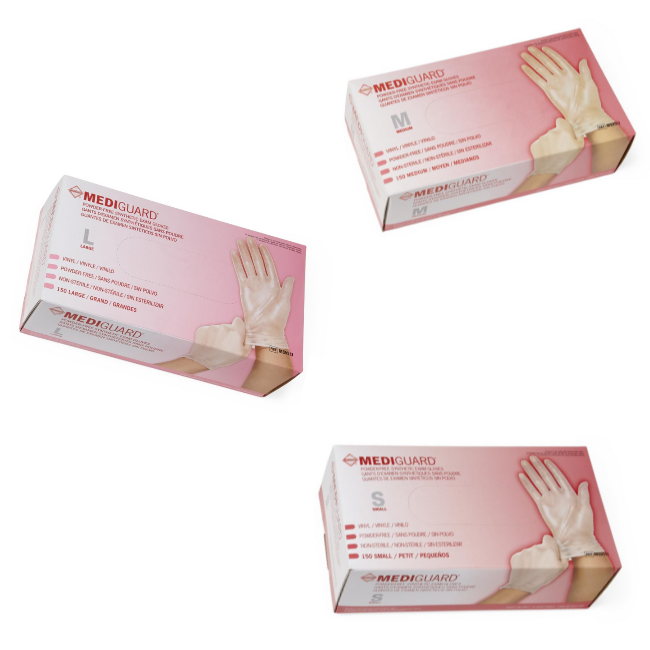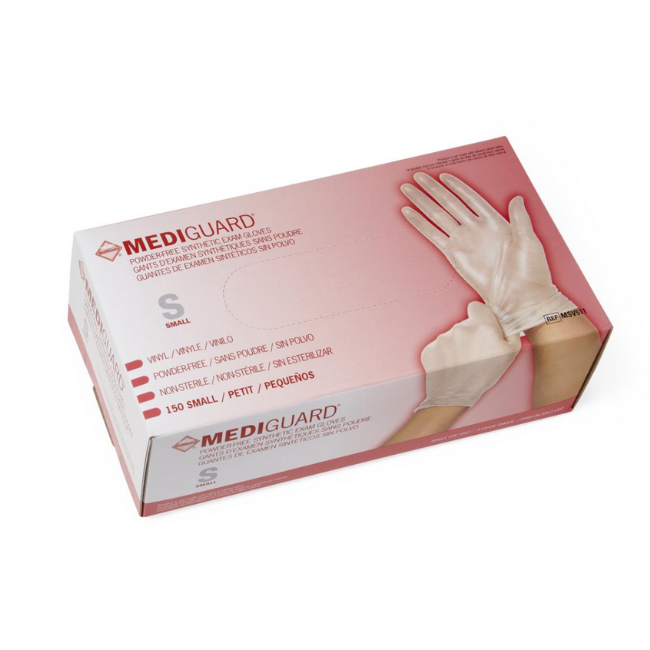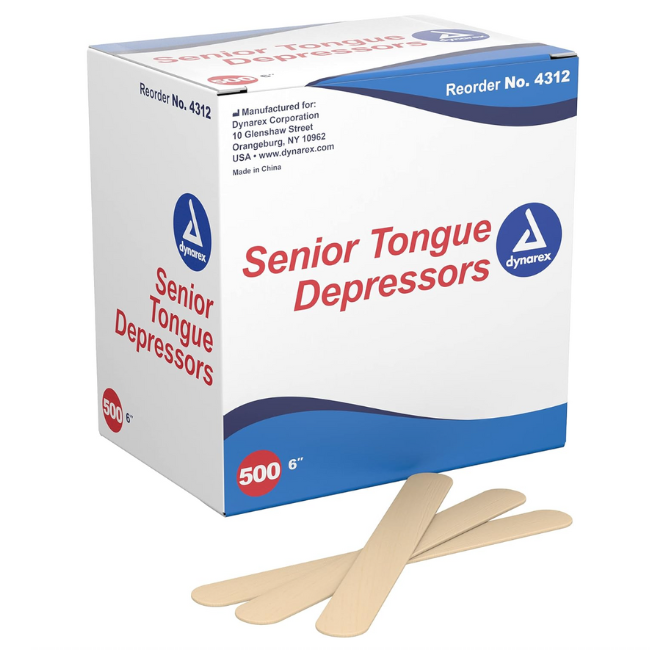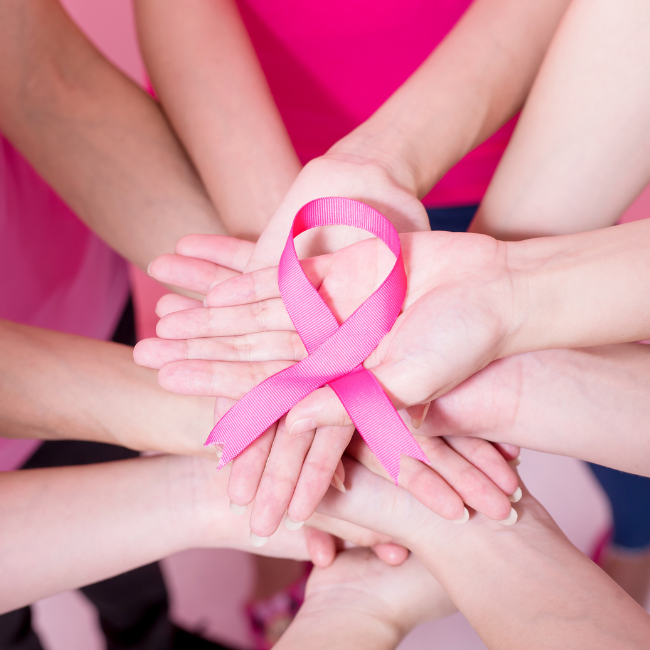

Treating Compromised Skin in Cancer Patients & Certification Opportunities
Guide and Certification for Aestheticians
Cancer treatments, while essential for fighting the disease, often come with a host of side effects that can profoundly affect the skin. For licensed aestheticians, treating the skin of patients undergoing cancer therapies requires a nuanced understanding and careful approach. This blog explores the crucial factors to consider when working with compromised skin in cancer patients and highlights how professionals can further their expertise through certification from organizations like Looking and Feeling FAB, Inc.
Understanding Compromised Skin Due to Cancer Treatments
Cancer treatments such as chemotherapy, radiation therapy, and targeted therapies can significantly impact the skin, leading to a variety of issues:
-
Dryness and Sensitivity: Chemotherapy can strip the skin of its natural oils, resulting in extreme dryness and heightened sensitivity. Radiation therapy can cause similar effects, exacerbating skin dryness and irritation.
-
Skin Eruptions and Rashes: Chemotherapy and targeted therapies can lead to rashes, acne-like eruptions, and other skin irritations. Radiation therapy, in particular, can cause radiation dermatitis, which manifests as redness, itching, and peeling in the treated area.
-
Increased Susceptibility to Infections: The skin's compromised barrier function due to cancer treatments can increase vulnerability to infections. This necessitates gentle, non-invasive treatments and careful monitoring.
-
Changes in Pigmentation: Treatments can cause both hyperpigmentation (dark spots) and hypopigmentation (light spots), leading to uneven skin tone.
-
Thinning Skin: Some treatments can cause thinning of the skin, making it more fragile and prone to tearing or bruising.
Key Considerations for Aestheticians
When treating patients undergoing cancer treatments, licensed aestheticians must consider several crucial factors to ensure their safety and comfort:
-
Medical History and Treatment Details: Before beginning any treatment, aestheticians should review the patient’s medical history, including details about their cancer diagnosis and current treatments. This information is essential to tailor the skincare approach to their specific needs.
-
Consultation with Healthcare Providers: A collaborative approach is vital. Aestheticians should work closely with the patient’s oncologist or healthcare provider to understand any restrictions or special considerations. This ensures that the chosen treatments do not interfere with ongoing medical therapies.
-
Patch Testing: Given the heightened sensitivity of compromised skin, patch testing new products or treatments on a small area first is essential. This helps to avoid adverse reactions.
-
Gentle Products and Techniques: Use gentle, non-irritating products and avoid harsh exfoliants or aggressive treatments. Opt for hypoallergenic and fragrance-free products designed for sensitive skin.
-
Hydration and Barrier Repair: Focus on treatments that emphasize hydration and barrier repair. Products containing ceramides, hyaluronic acid, and soothing ingredients like aloe vera can be beneficial.
-
Sun Protection: Patients undergoing cancer treatments should be vigilant about sun protection. Recommend broad-spectrum sunscreens with high SPF and physical blockers like zinc oxide or titanium dioxide to protect their sensitive skin.
-
Monitoring and Adjusting Treatments: Regularly monitor the skin’s response to treatments and be prepared to adjust the approach as needed. Be responsive to any signs of adverse reactions or changes in skin condition.
-
Emotional Support: Beyond physical care, provide emotional support and empathy. Cancer treatments can be emotionally taxing, and a compassionate approach can significantly impact the patient’s overall well-being.
Certification and Continued Education
To effectively treat compromised skin in cancer patients, licensed aestheticians should seek specialized education and certification. One notable organization offering such certification is Looking and Feeling FAB, Inc. Their certification program equips aestheticians with the knowledge and skills needed to safely and effectively work with patients undergoing cancer treatments.
Benefits of Certification from Looking and Feeling FAB, Inc.
-
Specialized Training: The certification program provides in-depth training on the unique skin issues associated with cancer treatments, ensuring that aestheticians are well-prepared to handle complex cases.
-
Updated Knowledge: The program includes the latest advancements and best practices in skincare for cancer patients, ensuring that practitioners are up-to-date with current standards.
-
Enhanced Credibility: Certification from a recognized organization like Looking and Feeling Fabulous adds credibility to an aesthetician’s practice, demonstrating a commitment to specialized care and enhancing trust with patients and healthcare providers.
-
Resources and Support: Certified professionals gain access to valuable resources, including product recommendations, treatment protocols, and ongoing support from industry experts.
-
Networking Opportunities: Being part of a certification program offers networking opportunities with other professionals in the field, fostering collaboration and knowledge sharing.
How to Get Certified
To pursue certification with Looking and Feeling Fabulous, visit their official website at www.lookfeelfab.org. The website provides detailed information on the certification process, including course offerings, requirements, and application procedures. Engaging in their program will not only enhance your skills but also demonstrate your dedication to providing high-quality care to patients undergoing cancer treatments.
Conclusion
Treating the skin of patients undergoing cancer treatments requires a delicate and informed approach. By understanding the specific challenges associated with compromised skin and employing gentle, effective treatments, licensed aestheticians can make a significant positive impact on their patients’ comfort and quality of life. Certification from organizations like Looking and Feeling Fabulous can further enhance an aesthetician’s ability to provide specialized care, ensuring that they are equipped with the latest knowledge and best practices in this vital area of skincare.
For those committed to advancing their expertise and providing exceptional care to cancer patients, seeking specialized certification is a valuable step. Embrace the opportunity to enhance your skills, contribute to your patients’ well-being, and stay at the forefront of your profession.



